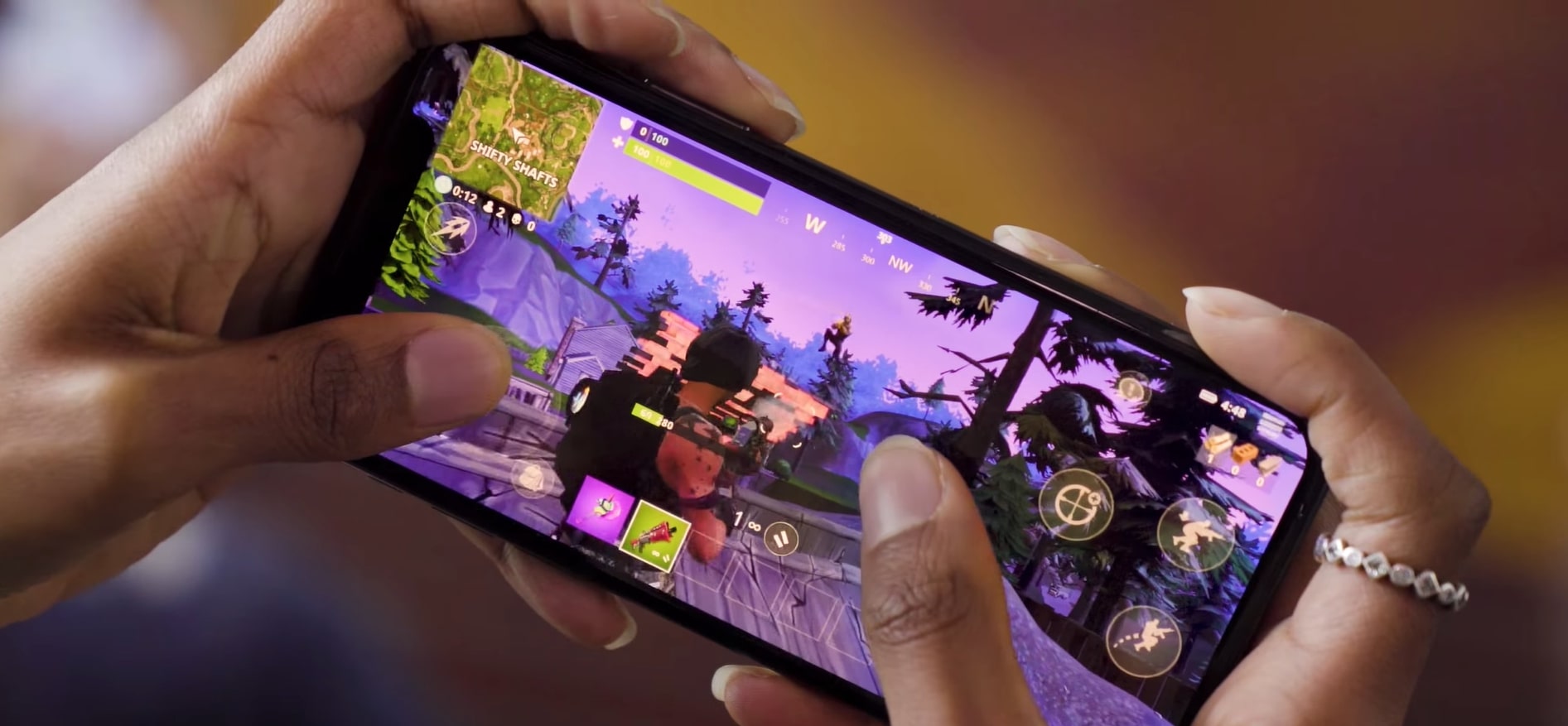Recap: In what has become a saga of TV drama-like proportions, Epic Game is now suing Google for kicking Fortnite off the Play Store. The move comes just hours after Apple also booted the battle royale title from its store, resulting in Epic suing Cupertino and premiering a video that parodies Apple's famous 1984 commercial. All because of Epic's new in-app purchase system that leaves the tech giants without their cut.
This all began yesterday when an update for both the Android and iOS versions of Fortnite introduced the Epic Direct Payment option. As the name suggests, it allows players to pay Epic directly for in-app purchases, bypassing the 30 percent cut taken by Apple and Google. While selecting this option meant a 20 percent discount for players, the two store owners weren't happy about it.
Apple was first to act, removing Fortnite from the App Store because of guideline violations that are supposedly there to create a level playing field and keep everyone "safe." In response, Epic sued the firm, and is seeking injunctive relief to end Apple's "unfair and anti-competitive actions."
The swiftness of this legal action showed the company was expecting such an eventuality. It had also prepared a short animated film that mocks Apple's famous 1984 commercial, turning the iPhone-maker into the monopolistic Big Brother character.
It didn't take long for Google to follow suit and remove Fortnite from its store. Google also requires games to use its own payment system for in-app purchases. According to its policy, "Developers offering products within a game downloaded on Google Play or providing access to game content must use Google Play In-app Billing as the method of payment."
For the second time in a day, Epic responded with a lawsuit. It is suing Google over alleged antitrust violations, claiming that the Play Store's payment rules constitute a monopoly, and thus a violation of both the Sherman Act and California's Cartwright Act.
While Epic focused on Apple's 1984 ad, the Google complaint highlights its "Don't Be Evil" motto, which was removed from its Code of Conduct two years ago. "Google has relegated its motto to nearly an afterthought," the complaint reads, "and is using its size to do evil upon competitors, innovators, customers, and users in a slew of markets it has grown to monopolize."
Unlike iOS, Fortnite remains available on Android via the Epic Games App or the Samsung Galaxy Store on Samsung devices.
It was only last April when Fortnite finally arrived on the Play Store after being available on Android for 18 months. This wasn't something Epic wanted, but the company said Google puts software downloadable outside of Google Play at a disadvantage.
The Google lawsuit also alleges that Epic had reached an agreement with OnePlus to preinstall an Epic Games app on its devices that would allow buyers to seamlessly install Fortnite and other titles, but Google quashed the deal. It was allegedly "particularly concerned that the Epic Games app would have ability to potentially install and update multiple games with a silent install bypassing the Google Play Store."
"Further, any waiver of Google's restriction "would be rejected due to the Epic Games app serving as a potential portfolio of games and game updates,"" reads the suit.
Expect this to drag on for a long time.
